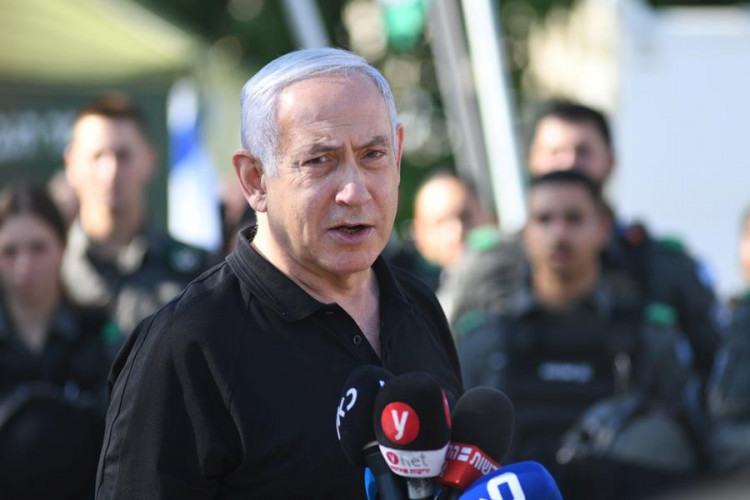Israel has rejected a U.S.-backed ceasefire proposal aimed at halting hostilities between Israel and Hezbollah in Lebanon, as Israeli airstrikes on Hezbollah positions continue. The proposal, supported by multiple allies, including the U.S. and France, called for an immediate 21-day ceasefire to provide space for diplomatic negotiations. However, Israeli officials have maintained a firm stance against the ceasefire, arguing that military operations are necessary to protect their northern border and secure the safe return of thousands of displaced Israeli citizens.
Israeli Foreign Minister Israel Katz was direct in his rejection, stating on X, "There will be no ceasefire in the north. We will continue to fight against the Hezbollah terrorist organization with all our strength until victory." His remarks came as Israeli warplanes targeted areas in southern Beirut, including a Hezbollah stronghold, raising concerns about the potential for a broader conflict across the region. Hezbollah has responded by launching missiles into Israel, targeting northern towns and, for the first time, Tel Aviv.
Prime Minister Benjamin Netanyahu, en route to the United Nations General Assembly in New York, has not formally responded to the ceasefire proposal but instructed the Israeli military to continue its operations. Netanyahu's government, particularly its hardline members, has opposed any pause in fighting. Instead, they support intensifying pressure on Hezbollah until the group ceases its rocket fire and retreats from the border region.
The U.S. and its allies, while seeking to de-escalate the violence, have expressed concern over the escalating conflict. U.S. Secretary of State Antony Blinken emphasized the importance of diplomatic efforts, telling MSNBC, "The world is speaking clearly... on the need for the ceasefire." Yet, despite these efforts, Israeli officials have shown little willingness to engage in such talks, focusing instead on maintaining military pressure.
Lebanon's Prime Minister Najib Mikati had previously expressed hope for a ceasefire, telling Reuters that a resolution could be reached soon. However, given the ongoing military actions and Israel's hardline stance, the path to a truce appears difficult. Hezbollah has also stated that it would only halt its operations if there is a ceasefire in Gaza, where Israel continues its military campaign against Hamas.
Israel's airstrikes on Hezbollah targets have intensified in recent days, with more than 600 people killed since Monday, according to Lebanese health officials. The strikes, targeting Hezbollah's military infrastructure, have also caused widespread destruction in civilian areas, displacing hundreds of thousands of people. Many civilians have fled to Beirut and other parts of Lebanon, with aid organizations distributing food and medicine to those affected by the fighting.
In addition to airstrikes, Israeli ground troops have been preparing for a potential invasion of Lebanon. The Israeli military conducted exercises simulating a ground incursion just a few kilometers from the Lebanese border, signaling that a broader military operation could be imminent. Israeli Army Chief of Staff Herzi Halevi urged troops to remain prepared for further escalation, including the possibility of crossing into Lebanon.
Internationally, there is growing concern that the conflict could spread further across the region. Hezbollah, an Iran-backed group, has long been a key player in the Middle East, and its involvement in the current conflict alongside Hamas raises the risk of a larger war involving other regional actors. The U.S. and France have sought to use the proposed 21-day ceasefire as a way to pause the violence and engage in more comprehensive diplomatic efforts, but so far, these calls have gone unheeded.




